AO Edited
Vavilov Research Institute of Plant Industry
Inside the world's largest seed bank, WWII botanists elected to starve to death rather than compromise their collection.
Located just behind Saint Isaac’s Cathedral, in the heart of St. Petersburg, is a place teeming with the potential to feed the planet. Founded in 1921, the Vavilov Research Institute of Plant Industry — often simply called the Vavilov Institute — remains the world’s largest (and oldest) collection of plant genetics, mainly in the form of meticulously catalogued seeds hailing from all over the earth.
During World War II’s 28-month-long siege of Leningrad, several workers charged with caring for the Institute’s collection faced an unthinkable choice. In preparation for Germany’s civilian attack, all art was vacated from the Hermitage, but Soviet officials neglected to account for a different, equally invaluable collection – what was at the time, without a doubt, the largest collection of seeds in the world, curated by the Vavilov Institute.
With the Institute’s namesake imprisoned in a gulag (where he would, in a foreboding turn, die of starvation before the war’s end), scientists working at the Institute took matters into their own hands. They holed up with the massive cache, boarding up the Research Institute’s bombed-out windows, and converting their workplace into their safehouse. Amongst themselves, they agreed to rotate shifts at guard, protecting the seeds from threats ranging from intruders to rats to their own hunger. By the end of the infamously brutal campaign, many of these botanists lost their lives protecting the collection, nine of whom starved to death while literally surrounded by food in various states of growth.
When faced with the choice of consuming their life’s work or dying, they valued the collection more highly their own lives. Had they sprouted the seeds and eaten their fruits, generations worth of work laid by their predecessors would have been decimated. Moreover, the purpose of such academic seed banks is an express one: cataloguing and preserving genetic material for the expansion of knowledge, for all. Even in the midst of a world war, with society crumbling on all sides, saving themselves would have come at the expense of the very safety net they’d been building as a gift for the post-apocalyptic humanity outside their walls.
Their deaths were an act of faith that things would get better, and their work was too priceless to be squandered on just themselves — even if the greater establishment had deemed it unworthy of protection. Though the scientists’ hunch proved correct (their work would again be valued after the war) they wouldn’t live to see the path history would take in their absence. Other seed banks have since followed, yet none carry such emotional heft, or possess a history as stirring as the one tucked away in filing cabinets in the heart of St. Petersburg.
Today the Vavilov Institute remains in operation thanks to the monumental sacrifices of a handful of principled, dedicated human beings. Visitors to the temple of science and humanity will find its footprint has been downsized in recent years. Nonetheless, all of the same seeds Vavilov and his workers lost their lives preserving, remain inside its walls when not being shipped to other research institutes across the globe, with an ever accumulating collection of new specimens contributed by their modern peers.
Know Before You Go
Tours of the facility interior at the Vavilov Research Institute are available, but as it is a still-functioning house of study, pre-arrangements should be made via their official website or telephone to gain access. Approval of all requests are at the discretion of the Institution.

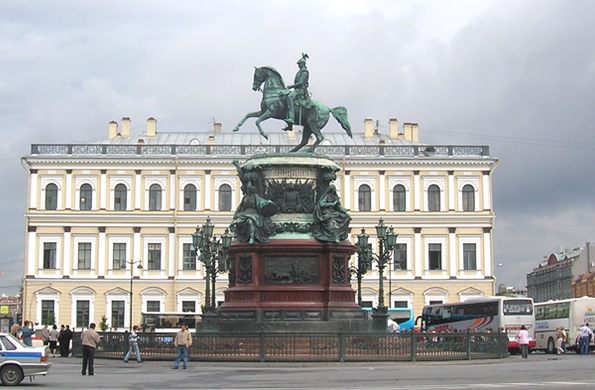
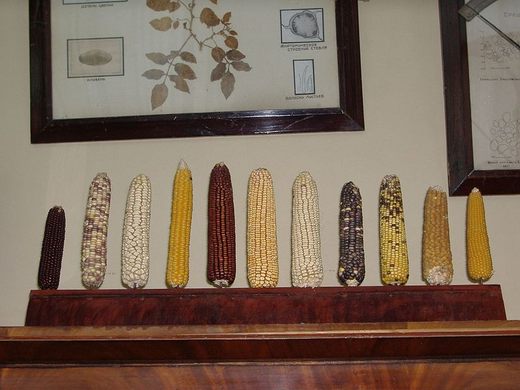
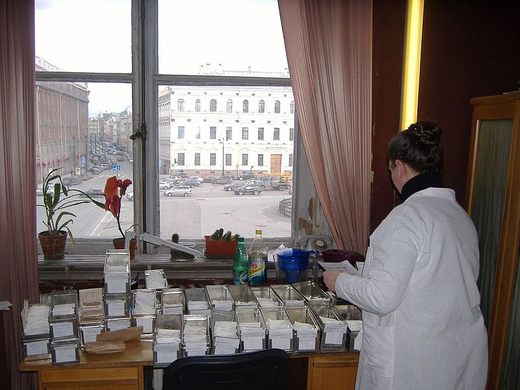
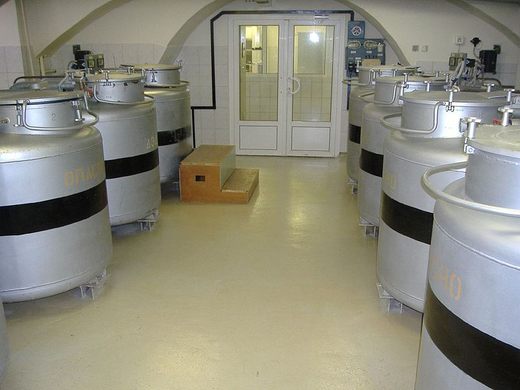






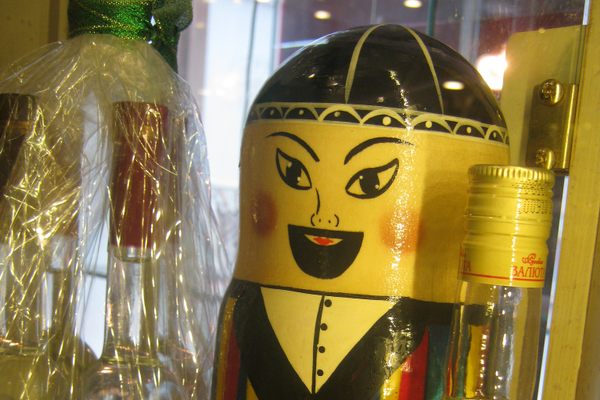

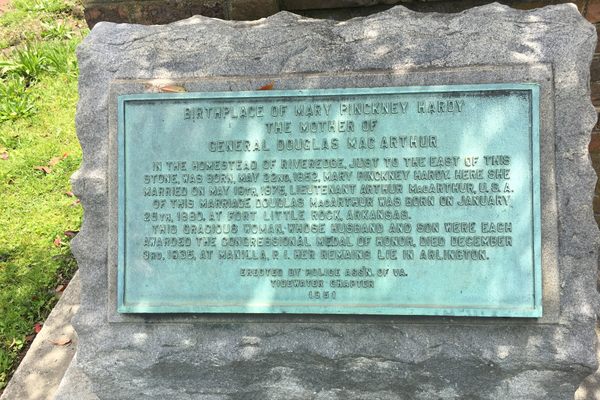

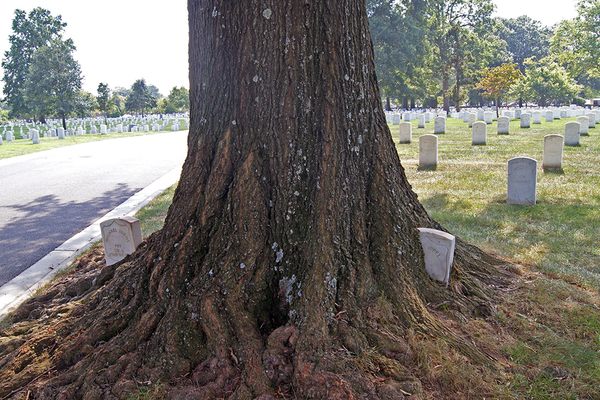
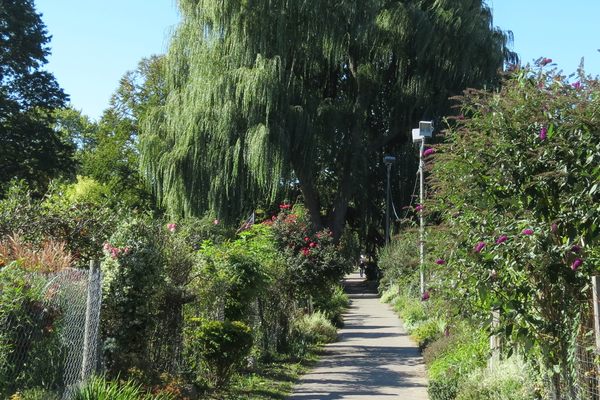

Follow us on Twitter to get the latest on the world's hidden wonders.
Like us on Facebook to get the latest on the world's hidden wonders.
Follow us on Twitter Like us on Facebook